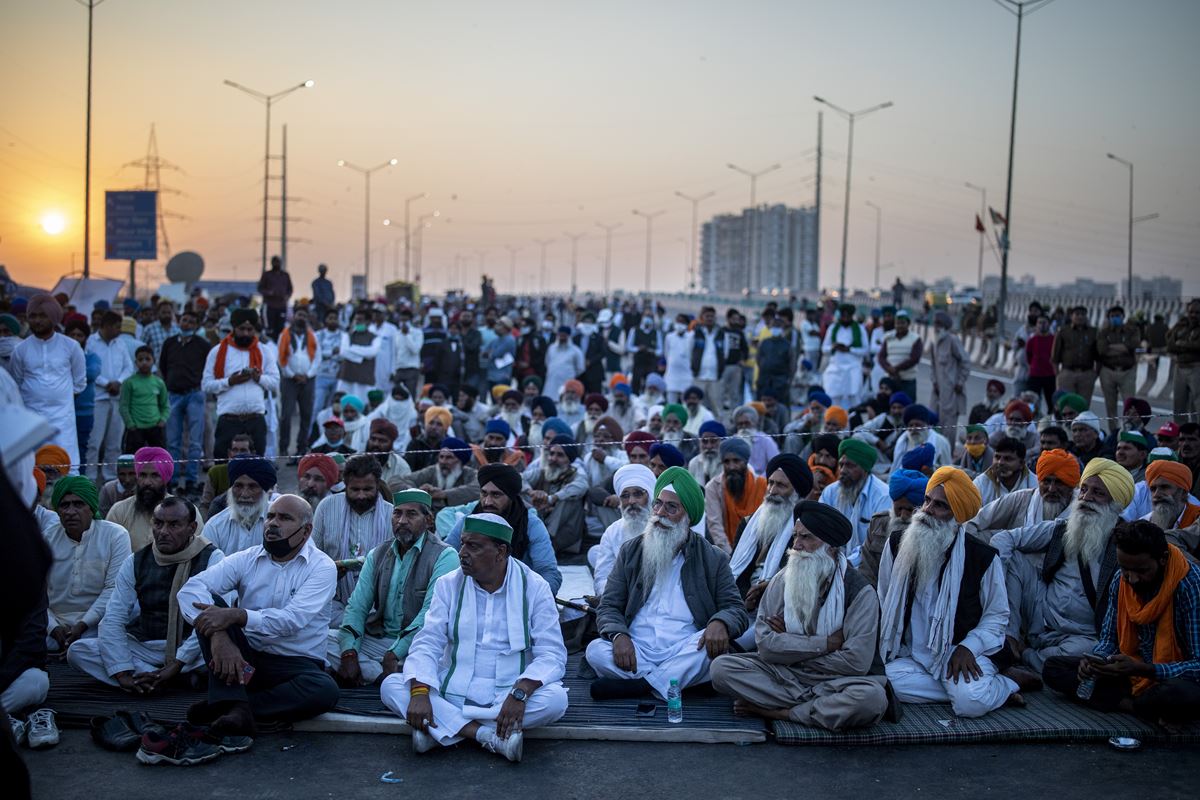The ongoing farmers’ protests in Delhi are set to escalate as the Samyukta Kisan Morcha (Non-Political) and other central unions have called for a Gramin Bharat Bandh, a nationwide strike scheduled for February 16. This move aims to intensify pressure on the Central Government to address the farmers’ demands, adding to the challenges faced by the general public.
Hundreds of farmers from Punjab have converged near Delhi, voicing their grievances and pressing for their demands. Despite being halted at the Punjab-Haryana border near Ambala, approximately 200 kilometers away from Delhi, their determination remains unwavering.
The Samyukta Kisan Morcha, along with other farmer organizations, has rallied for unity in participating in the Bharat Bandh, slated to span from 6:00 am to 4:00 pm. The strike is expected to affect various sectors, including transportation, agricultural activities, MNREGA rural works, private offices, village shops, and rural industrial and service sector institutions.
While reports suggest that emergency services, including ambulance operations, newspaper distribution, and medical shops, are likely to remain unaffected, the strike underscores the farmers’ steadfast demands.
Central to the protests is the call for legislation guaranteeing a Minimum Support Price (MSP) for crop produce, echoing the sentiments of previous demonstrations. Additionally, farmers seek to bolster the Mahatma Gandhi National Rural Employment Guarantee Act (MGNREGA), reinstate the old pension scheme, and ensure pension and social security for workers across formal and informal sectors.
The farmers’ demands, articulated through the SKM’s communication to Prime Minister Narendra Modi, include MSP based on the Swaminathan formula, legal procurement guarantees, debt waivers, stable electricity tariffs, and enhanced pensions, among others.
As the Gramin Bharat Bandh looms, its outcomes hold significant implications for India’s agricultural landscape and socio-political dynamics. The farmers’ steadfast resolve underscores the urgency for meaningful dialogue and equitable solutions to address systemic challenges and safeguard the interests of farming communities across the nation.
